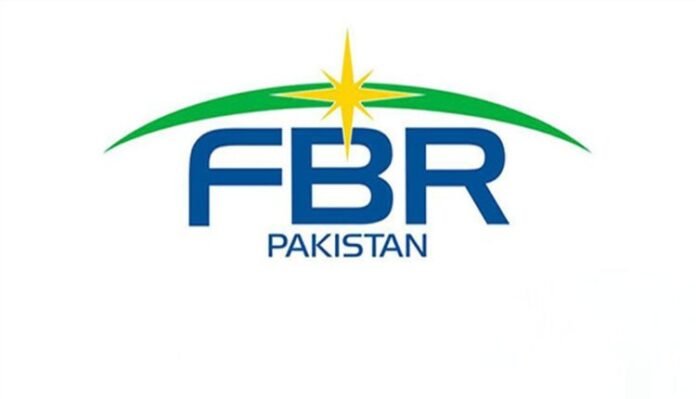In a welcome move for overseas Pakistanis, the Federal Board of Revenue (FBR) has announced that Pakistanis living abroad who don’t file tax returns will still be treated as filers when it comes to paying advance tax on buying or selling property in Pakistan.
This means that even if an overseas Pakistani hasn’t submitted their income tax return, they can benefit from the lower filer tax rates when dealing in immovable property. The FBR clarified that this applies as long as the individual holds a POC (Pakistan Origin Card) or NICOP (National Identity Card for Overseas Pakistanis) and has stayed in Pakistan for less than 183 days during the tax year — officially classifying them as non-resident.
The FBR shared this update through a set of FAQs to make things clear. Whether it’s purchasing or selling property, overseas Pakistanis will be able to pay advance income tax at the filer rate under sections 236C and 236K of the tax law.
Here’s how it works: When an overseas Pakistani wants to register or transfer property, the relevant housing authority or registrar will use FBR’s portal to generate a payment slip ID (PSID). The individual will enter their POC or NICOP number, and the system will automatically pull up their details. A scanned copy of their ID and proof of non-resident status will also be uploaded.
The application will then go to the tax commissioner digitally for approval. Once verified, the overseas Pakistani will get confirmation via email and SMS and will be allowed to pay advance tax at the filer rate — no extra paperwork, no penalties for non-filing.
This step not only makes property transactions smoother for overseas Pakistanis but also helps bridge a gap that often caused confusion and delays. It’s part of a broader push to make tax processes easier and fairer for Pakistanis living abroad who want to invest back home.




